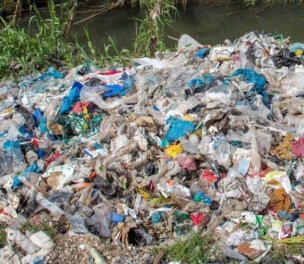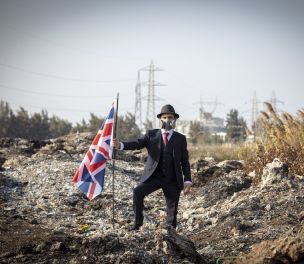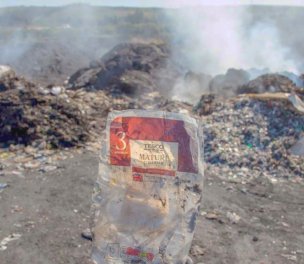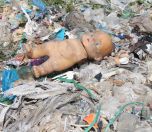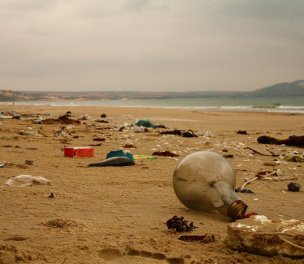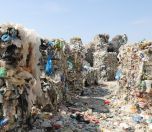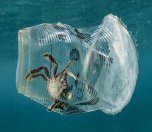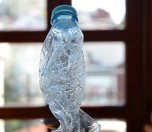* Photos: Mert Çakır - Greenpeace
Click to read the article in Turkish
After China banned plastic waste import, Turkey has become the new destination for Europe's plastic waste, which has led to an ever-growing environmental problem. Most recently, the pictures taken by Greenpeace in Adana have shown that most of the plastic waste imported from other countries has been either dumped in nature or has been burned.
Speaking to Greenpeace about the issue, Mustafa Akar, who raises cattle for a living, says that he is having difficulty in livestock farming as the waste is burned, adding that his animals have poisoning as a result of this. "What you see here is not even one tenth, one percent," he adds.
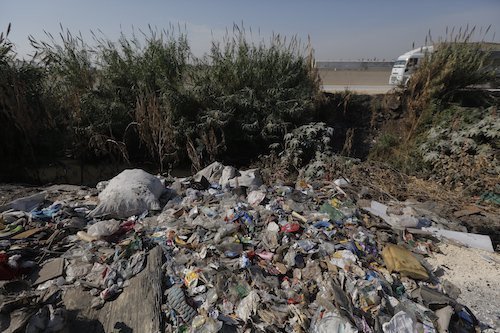
Adem Koç, a farmer from the region, says, "We plant cotton in our fields, but we cannot harvest it due to dust," calling on authorities to find a solution.
Assoc. Prof. Gündoğdu: Toxic gases are emitted
Assoc. Prof. Sedat Gündoğdu from the Çukurova University Faculty of Aquaculture has underlined that plastic waste contaminates nature and harms animals and plants. Indicating that the canal in question leads to Akyakan - Tuzla lagoons, one of the most important wetlands of Turkey, Assoc. Prof. Gündoğdu has raised concerns that "plastics are abandoned, dumped and sometimes burned and left there."
As indicated by Assoc. Prof. Sedat Gündoğdu, when these plastics are burned, toxic gases are emitted:
.jpg)
"These are extremely carcinogenic substances; when one is exposed to these substances, they might lead to several health problems. We can see that along this line, this plastic waste contaminates the life in both water and land as well as the atmosphere. Microplastics are also flowing in the brook, there is no sign suggesting that water is flowing there."
Bayram: Import must be banned urgently
Greenpeace Mediterranean Program Director Deniz Bayram has underlined that it is unacceptable for Turkey to import plastic waste from other countries while it cannot deal with its own waste in the first place. She has stressed that Turkey must urgently ban plastic waste import.
"Decreasing the waste import quota from 80 percent to 50 percent is unfortunately not enough," she has said and added, "What we see in Adana proves it as well. Moreover, this is what we can witness; we do not know how much plastic waste is dumped in nature."
.jpg)
Waste import has increased by 173 times
As reported by Greenpeace based on Eurostat data:
- Turkey ranks first in terms of plastic waste import from Europe. In 2019, 582 thousand 296 tons of 14 million tons of waste imported from EU countries was plastics.
- In 2019, the average amount of plastic waste imported from Europe in a month hit record-high levels (48 thousand 500 tons). This waste mostly came from the UK, Italy, Belgium, Germany and France.
- Our plastic waste import has increased by 173 times since 2004. This means that 213 truckloads of plastic waste is dumped in our country every day.
(TP/SD)






